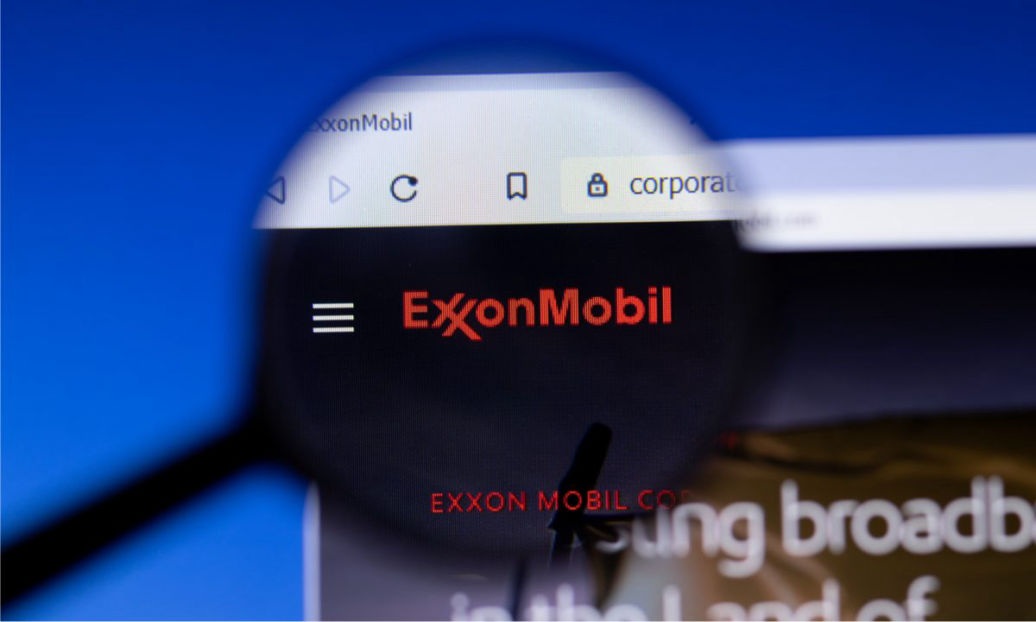Tracking Expenses Made Easy with Fleet Fuel Cards


Managing fuel expenses is a critical aspect of operating a business with a vehicle fleet. Traditional methods of tracking fuel purchases, such as collecting paper receipts and manually entering data into spreadsheets, are time-consuming and prone to errors. Fleet fuel cards, like those offered by ExxonMobil, provide a streamlined solution to monitor and control fuel expenditures effectively.
The Challenges of Traditional Expense Tracking
Businesses relying on manual processes for fuel expense tracking often encounter several issues:
• Human Error: Manual data entry increases the risk of mistakes, leading to inaccurate records.
• Delayed Reporting: Waiting for drivers to submit receipts can cause delays in expense reporting and reimbursement.
• Lack of Control: Without real-time data, it's challenging to monitor spending patterns and enforce company policies.
These challenges can result in financial discrepancies and hinder effective budget management.
Introducing ExxonMobil Fleet Fuel Cards
ExxonMobil offers fleet fuel cards designed to simplify fuel expense management. These cards provide businesses with detailed insights into fuel purchases, enabling better control and oversight.
Key Features of ExxonMobil Fleet Fuel Cards
• Detailed Reporting: Access comprehensive reports that detail who spends what, where, and when, capturing essential information for every purchase.
• Spending Controls: Set limits by dollar amount, time of day, and more, allowing you to manage employee spending effectively.
• Security Measures: Implement driver PIN authorization to help curb misuse and ensure that only authorized personnel can use the cards.
• Mobile Payment Integration: Utilize the DriverDash mobile app for contactless, seamless, and secure transactions at the pump.
• GPS Tracking: Link your BusinessPro card to GPS tracking software to monitor vehicle location, speed, fuel use, and driver performance.
These features collectively contribute to a more efficient and transparent fuel expense management system.
Benefits of Using Fleet Fuel Cards
Implementing ExxonMobil's fleet fuel cards offers several advantages:
• Time Savings: Automated tracking reduces the administrative burden, allowing staff to focus on other tasks.
• Cost Control: Real-time data and spending controls help prevent unauthorized purchases and identify areas to cut costs.
• Enhanced Security: PIN authorization and mobile payment options reduce the risk of fraud and theft.
• Improved Compliance: Detailed reports facilitate adherence to company policies and regulatory requirements.
By addressing the shortcomings of traditional expense tracking methods, fleet fuel cards contribute to more effective financial management.
Real-World Application
Consider a delivery company with a fleet of 50 vehicles. Before adopting ExxonMobil's fleet fuel cards, the company faced challenges in tracking fuel expenses, leading to budget overruns and difficulties in identifying unauthorized purchases. After implementing the fleet fuel cards, the company experienced:
• Streamlined Expense Reporting: Automated reports provided real-time insights into fuel spending.
• Better Budget Adherence: Spending controls helped maintain fuel expenses within the allocated budget.
• Reduced Fraud: PIN authorization and mobile payments minimized unauthorized transactions.
This transition resulted in significant cost savings and improved operational efficiency.
How to Get Started
To integrate ExxonMobil's fleet fuel cards into your business operations:
• Assess Your Needs: Determine the size of your fleet and your specific fuel management requirements.
• Choose the Right Card: ExxonMobil offers different card options, such as BusinessPro and FleetPro, tailored to various business needs.
• Apply Online: Visit the ExxonMobil fleet cards website to complete the application process.
• Implement Controls: Set spending limits and authorize users to ensure proper usage.
• Monitor and Adjust: Regularly review reports and adjust controls as needed to optimize fuel expense management.
By following these steps, businesses can enhance their fuel expense tracking and achieve greater financial control.